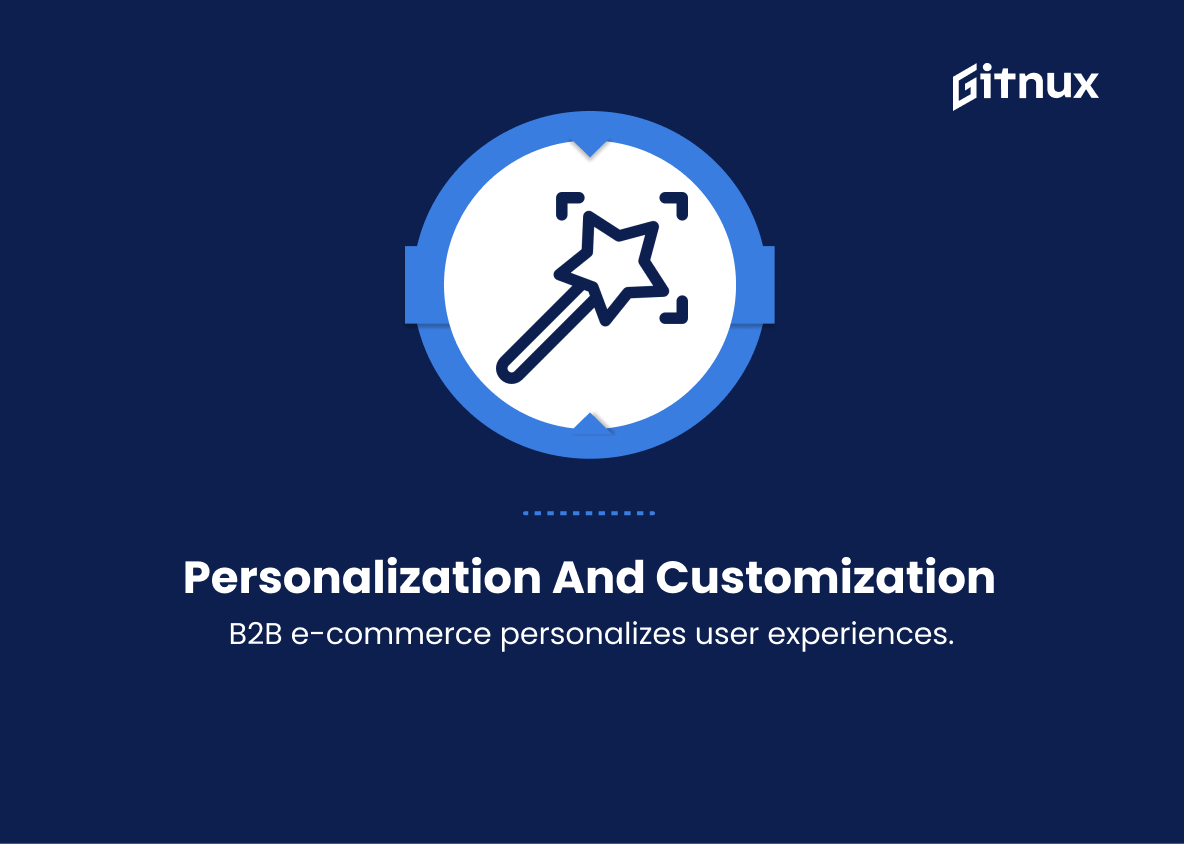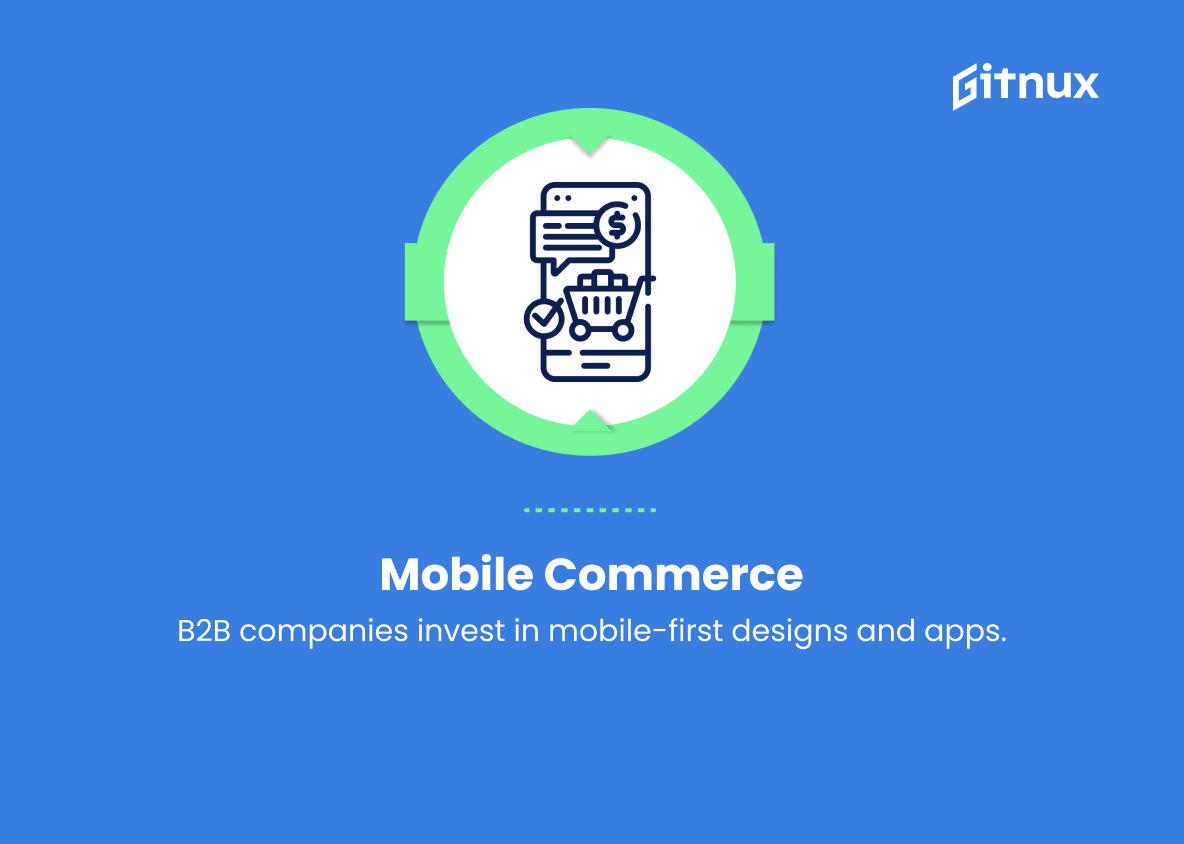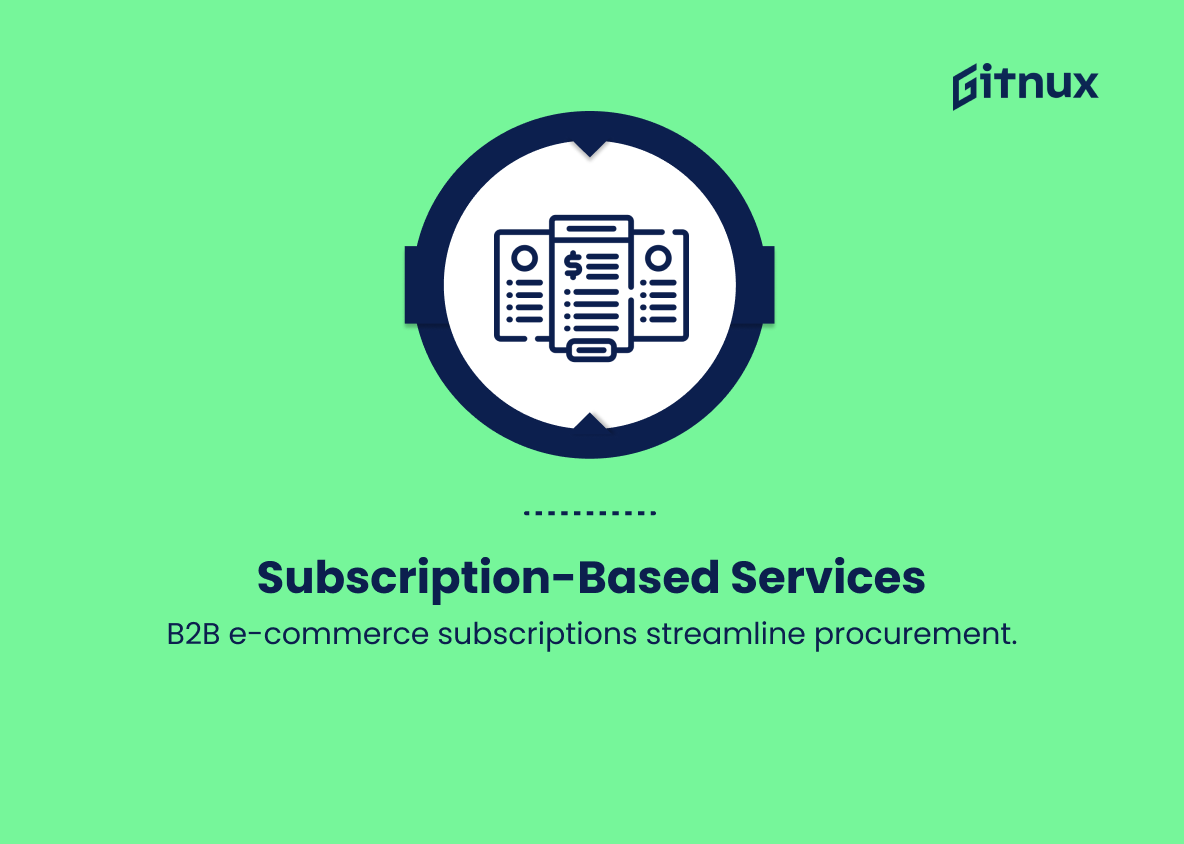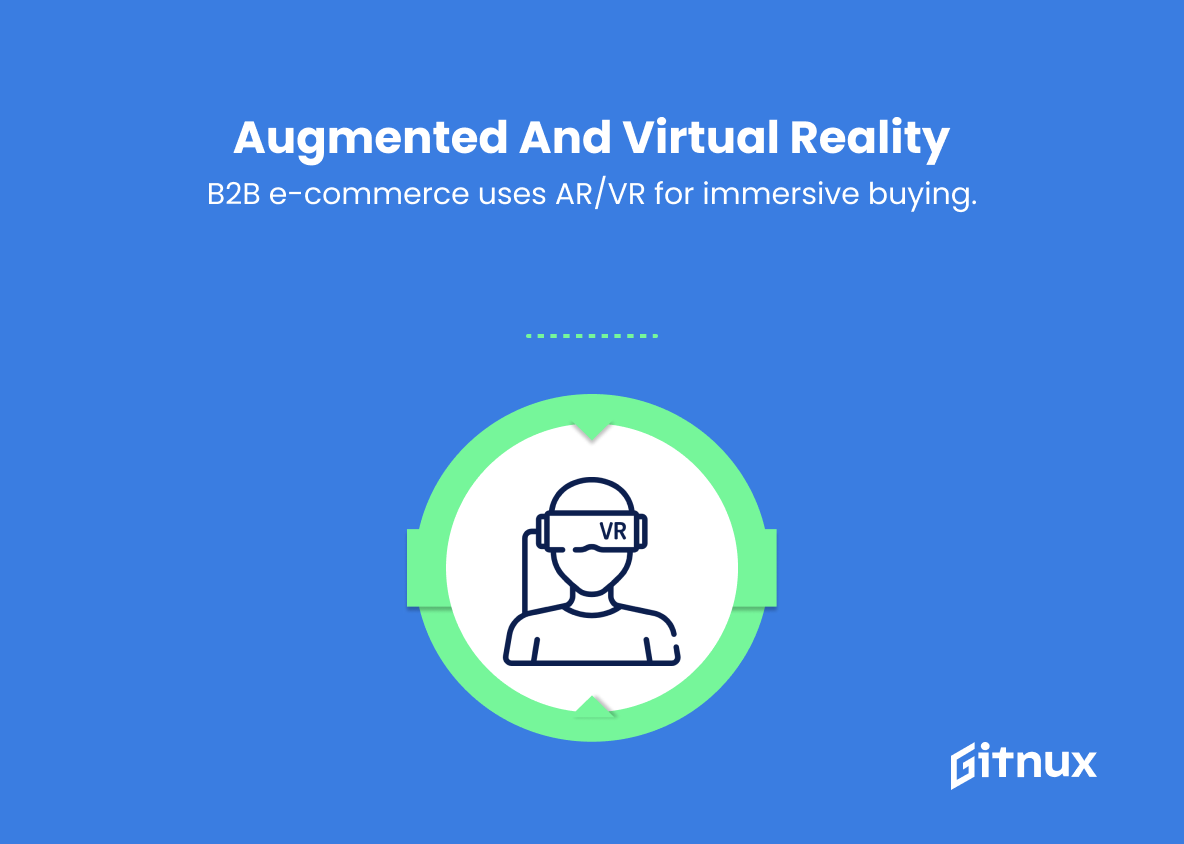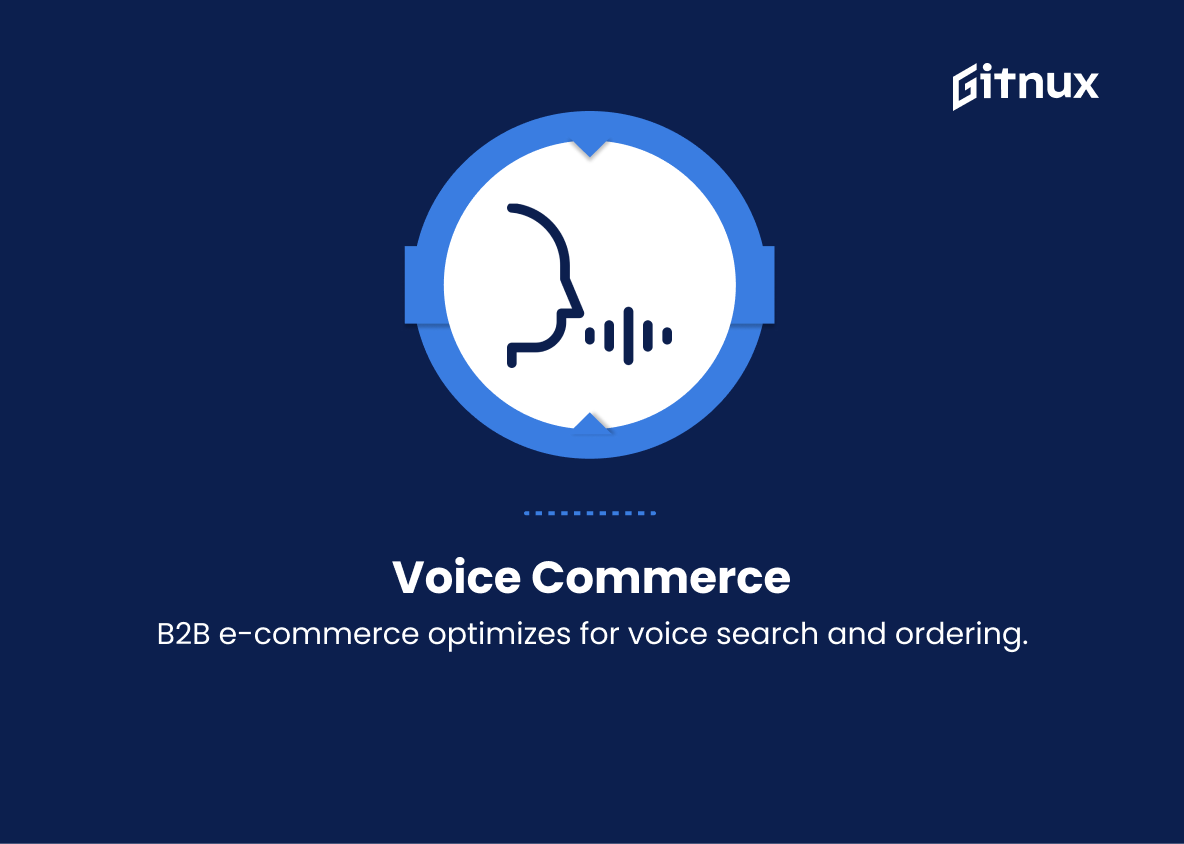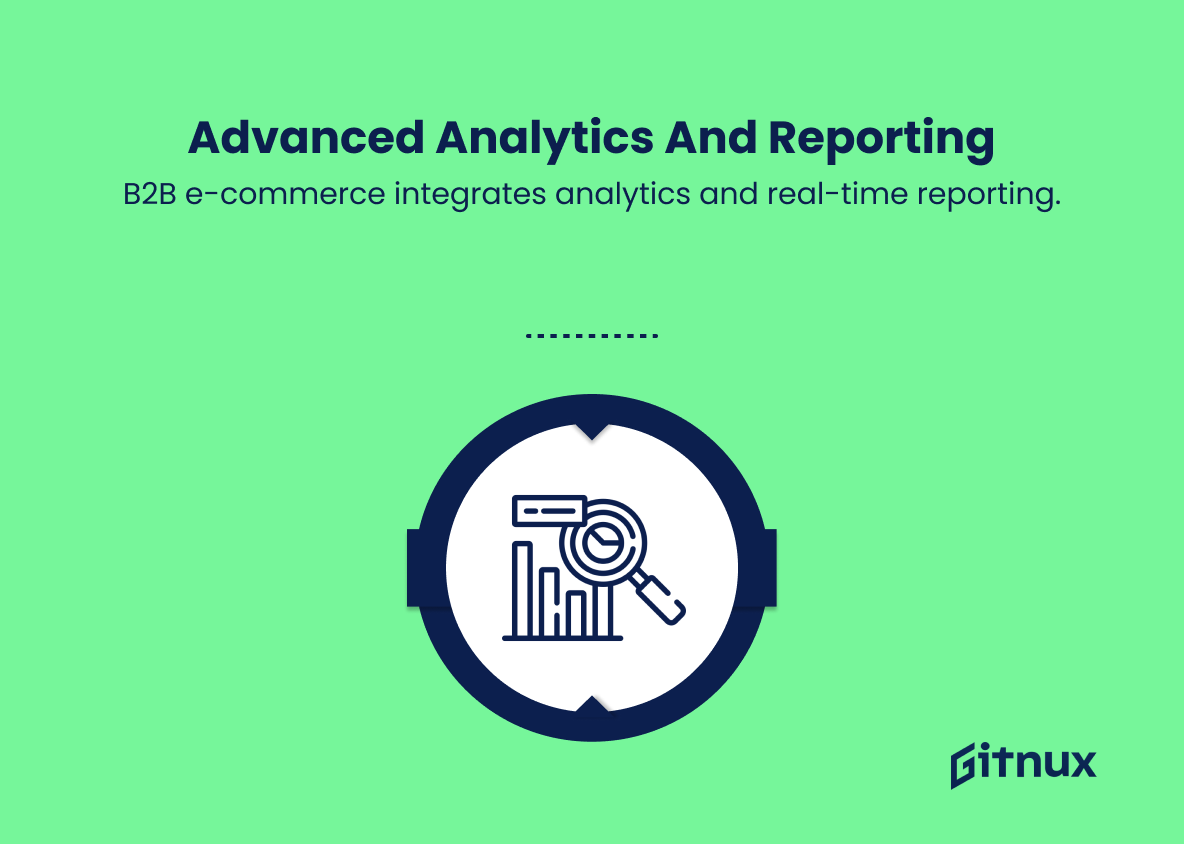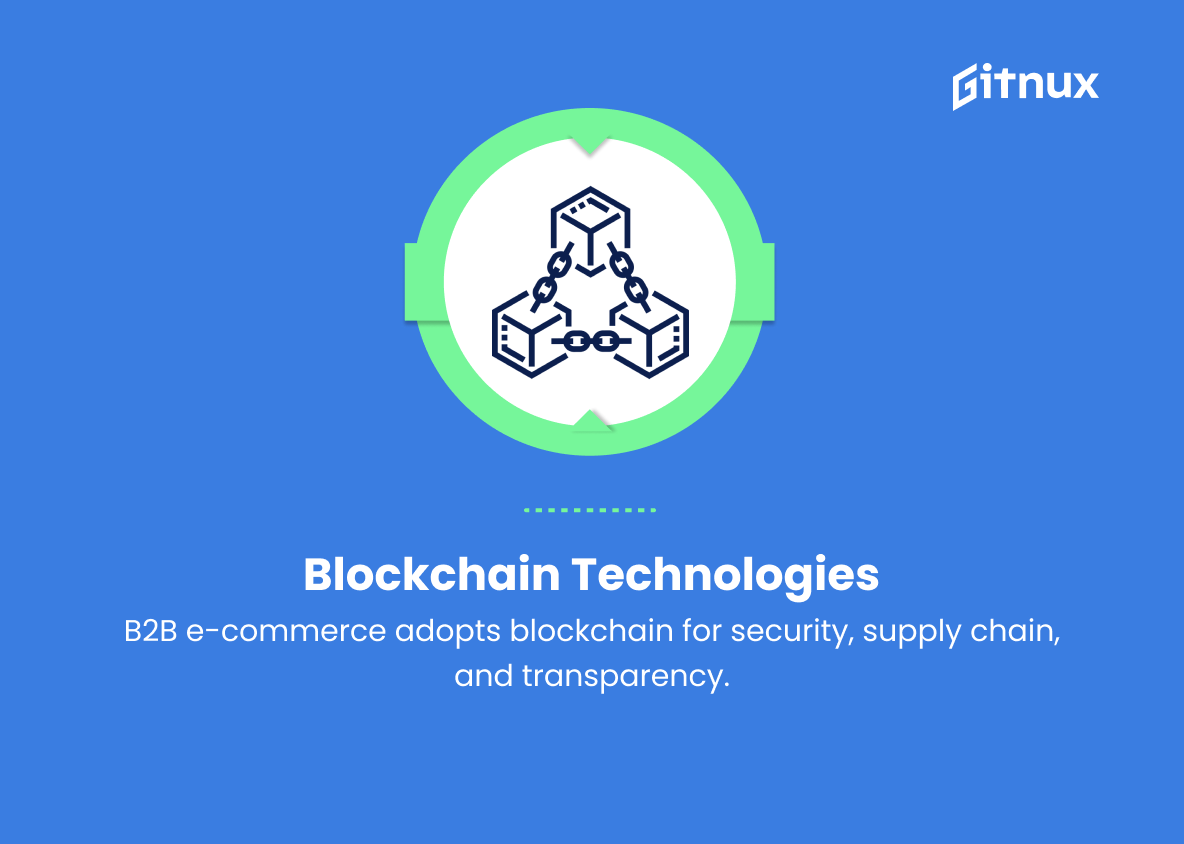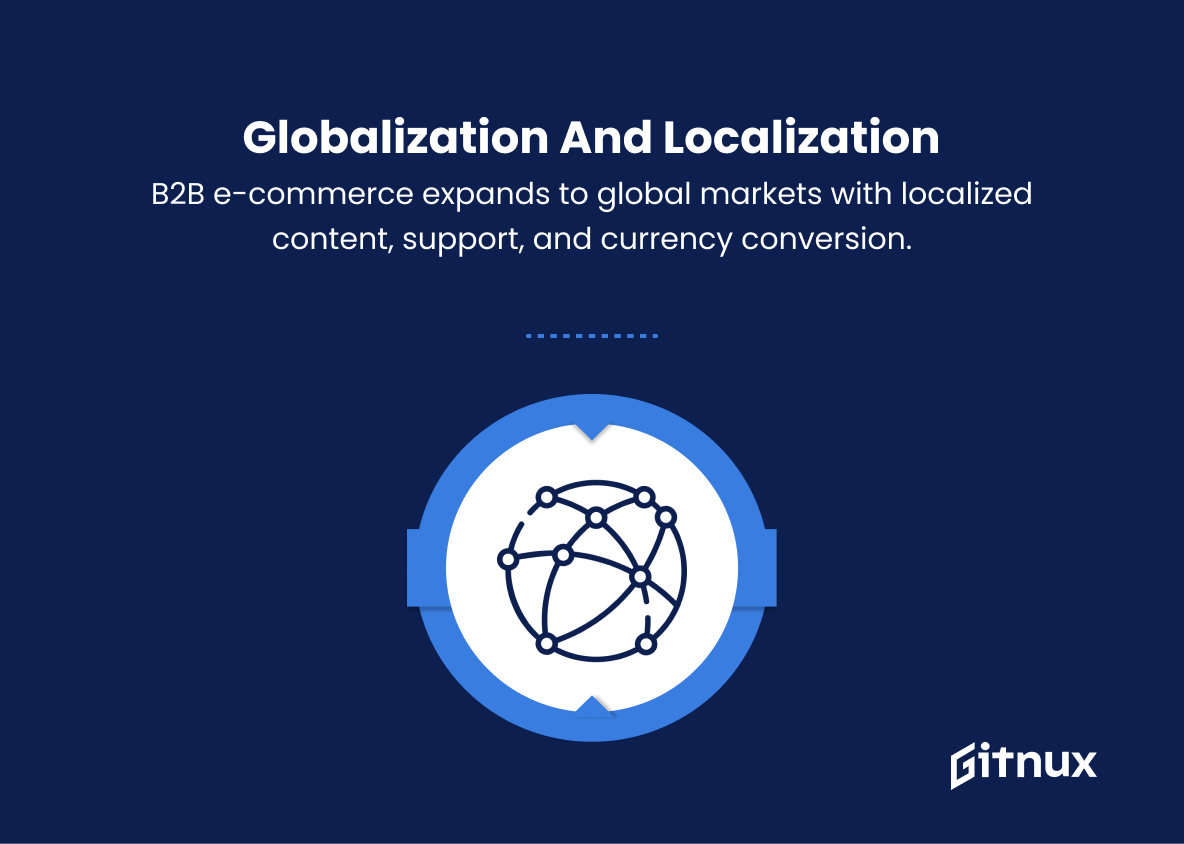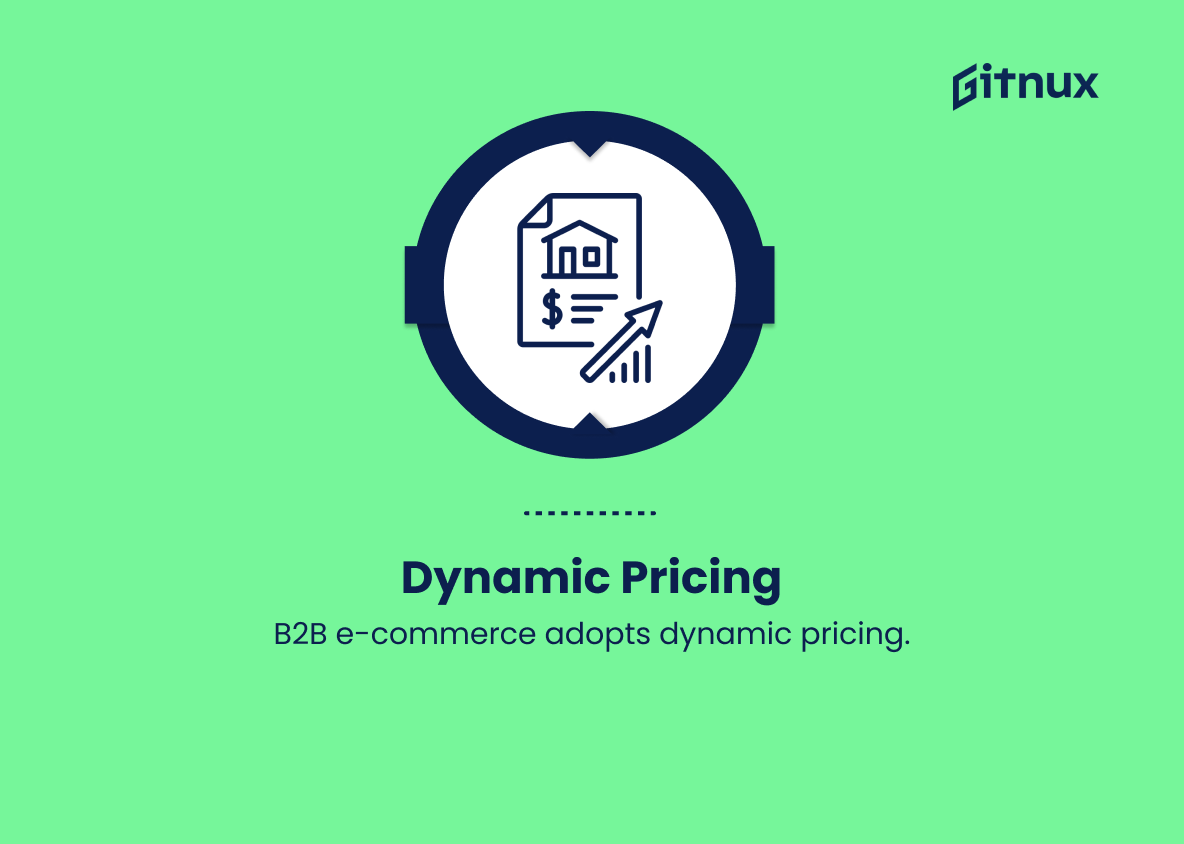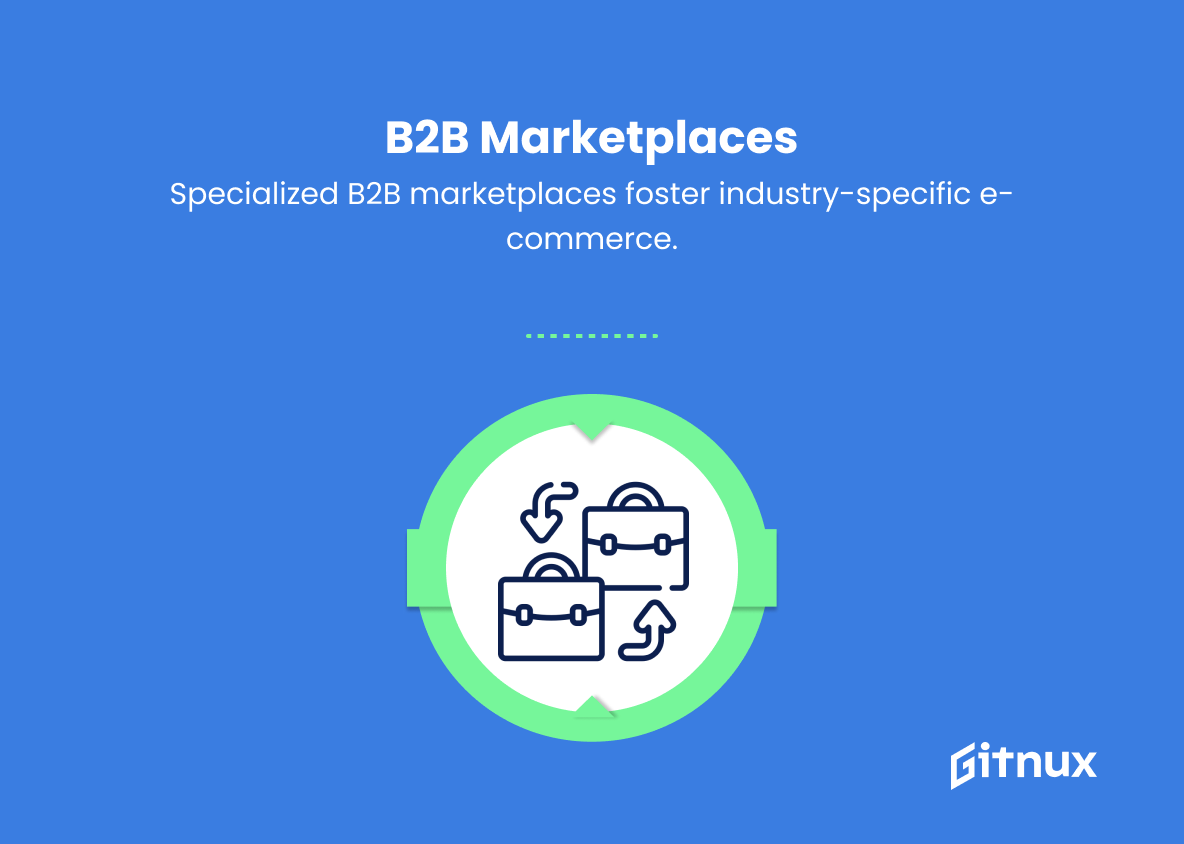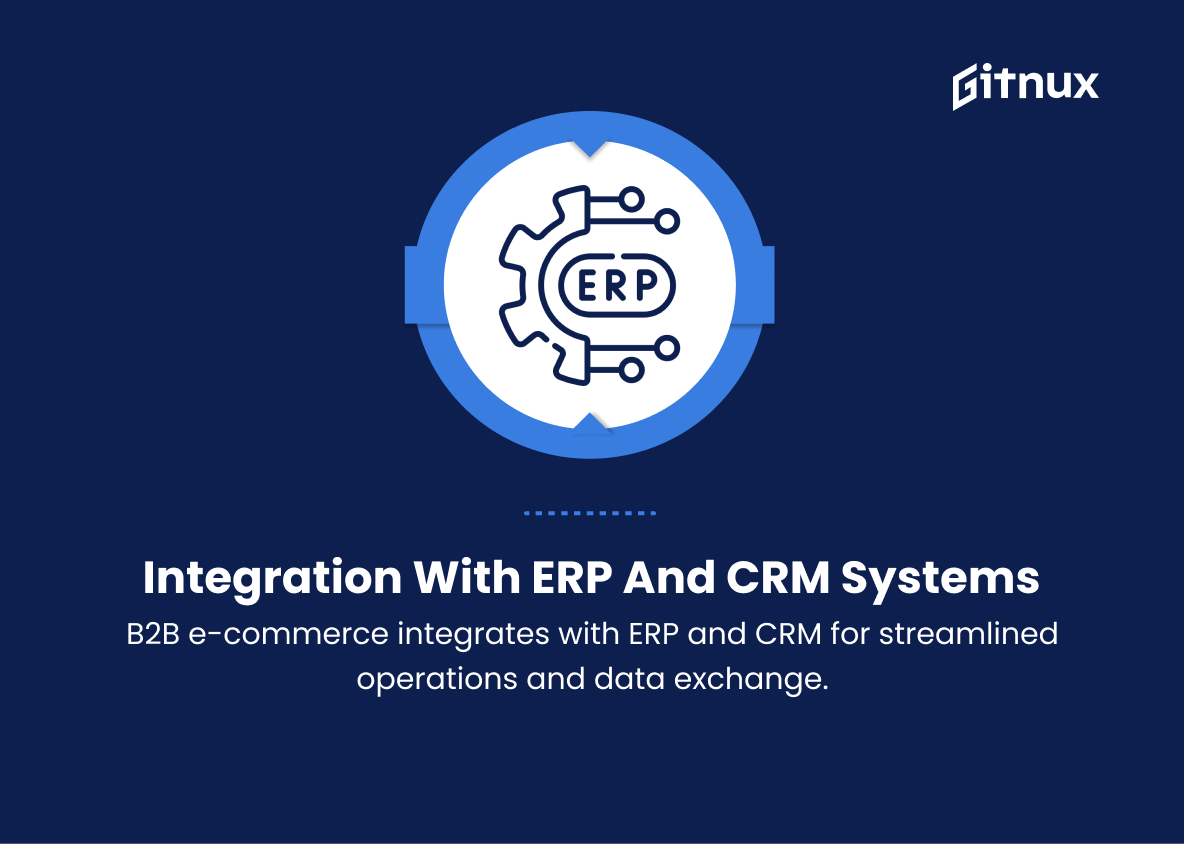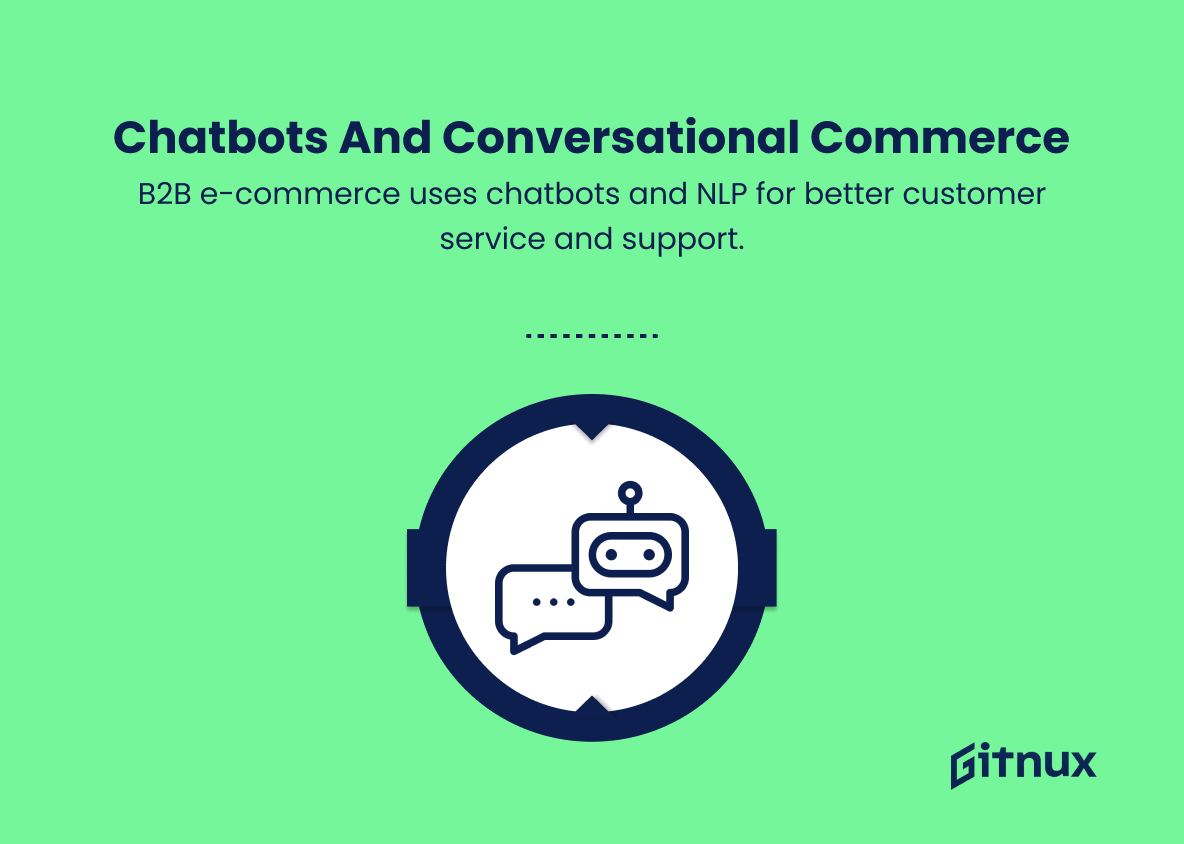In today’s fast-paced, digital-first world, business-to-business (B2B) e-commerce has rapidly emerged as a critical component for companies seeking to maximize their growth and success. With an increasing number of businesses adopting online platforms to sell and procure products and services, staying ahead of the curve is more important than ever. In this illuminating blog post, we will delve into the latest B2B e-commerce trends that are shaping the future of this dynamic industry.
By examining these groundbreaking developments, we aim to help you make informed decisions that will propel your business to new heights in the competitive e-commerce landscape. So, sit back, and join us as we explore the innovative trends shaping the future of B2B e-commerce.
Top B2B E-Commerce Trends
1. Personalization and Customization
B2B e-commerce platforms are increasingly focusing on personalized user experiences, tailoring the content, product offerings, and user interface to individual customers based on their preferences, browsing histories, and previous purchasing patterns.
2. Artificial Intelligence (AI) and Machine Learning
AI and machine learning are playing a pivotal role in understanding customer behavior, analyzing large volumes of data, and making intelligent product recommendations to improve sales conversion rates.
3. Mobile Commerce
With the growing number of mobile users worldwide, B2B companies are investing heavily in responsive web designs and mobile applications to accommodate mobile-first business users.
4. Omnichannel Sales
B2B e-commerce companies are pursuing an omnichannel approach to selling, connecting multiple channels such as online stores, marketplaces, social media, and direct sales to offer customers a seamless buying experience.
5. Subscription-based Services
Subscription models are gaining popularity in B2B e-commerce as they allow customers to receive regularly scheduled product deliveries, streamlining the procurement process.
6. Augmented and Virtual Reality (AR/VR)
B2B e-commerce companies are using AR and VR technologies to create immersive buying experience, allowing customers to virtually explore products or visualize them in real-world environments.
7. Voice Commerce
The increasing adoption of voice-enabled devices and digital assistants is driving B2B e-commerce companies to optimize their platforms for voice search and ordering.
8. Advanced Analytics and Reporting
B2B e-commerce platforms are integrating advanced analytics tools and real-time reporting, enabling businesses to monitor sales performance, customer behaviors, and market trends.
9. Blockchain Technologies
Blockchain is being adopted in B2B e-commerce for secure transactions, supply chain management, and ensuring transparency in business processes.
10. Globalization and Localization
B2B e-commerce companies are expanding their reach to international markets, offering localized content, support for multiple languages, and currency conversion to cater to a global customer base.
11. Dynamic Pricing
B2B e-commerce platforms are incorporating dynamic pricing strategies that automatically adjust prices based on factors such as customer profiles, demand, and competitor pricing.
12. B2B Marketplaces
The emergence of specialized B2B marketplaces is fostering industry-specific e-commerce opportunities, allowing companies to buy and sell products within a specific sector.
13. Integration with ERP and CRM Systems
B2B e-commerce platforms are increasingly integrating with ERP and CRM systems, streamlining business operations and ensuring seamless data exchange across the entire organization.
14. Chatbots and Conversational Commerce
B2B e-commerce platforms are adopting chatbots and natural language processing capabilities to improve customer service, guide users through the purchasing process, and handle routine support inquiries.
15. Enhanced Security Measures
With increased concerns about data privacy and protection, B2B e-commerce companies are investing in advanced security measures, including multi-factor authentication, encryption, and regular security audits.
Implications
The future of B2B e-commerce is set to be shaped by a convergence of emerging trends and technologies that focus on creating seamless, personalized, and efficient buying experiences for businesses. Through the integration of personalization, AI, and machine learning, B2B e-commerce platforms will be able to tailor the user experience to individual needs and preferences, enhancing customer satisfaction and loyalty.
With the rise of mobile commerce and omnichannel sales strategies, businesses will have access to multiple purchasing touchpoints, offering flexibility and accommodating the varying preferences of modern buyers.
As B2B companies adopt subscription-based services, augmented and virtual reality, and voice commerce, customers will benefit from streamlined procurement processes, immersive product exploration, and the convenience of voice-activated search and ordering. Meanwhile, the incorporation of advanced analytics, blockchain technologies, and dynamic pricing strategies will enable businesses to make data-driven decisions, secure transactions, and optimize product pricing in real-time.
The globalization and localization of B2B e-commerce platforms will provide a gateway to international markets while addressing regional preferences and needs. Furthermore, the emergence of specialized B2B marketplaces will give rise to industry-focused opportunities and aid in connecting buyers and suppliers within specific sectors. The integration with ERP and CRM systems and the adoption of chatbots and conversational commerce mark a significant shift towards automated and streamlined business operations.
Lastly, enhanced security measures will ensure customer trust and data protection in an increasingly digital and interconnected world.
Conclusion
In conclusion, the ever-evolving landscape of B2B e-commerce continues to transform the way businesses interact, transact, and grow. By embracing these key trends, such as AI and automation, personalization, omnichannel experiences, marketplace strategies, and the emergence of new payment solutions, companies can effectively adapt to the changing environment and stay ahead of the competition. As technology continues to advance, so must businesses align with these developments for long-term success.
By remaining agile, responsive, and forward-thinking, B2B entities can harness the opportunities presented by these trends, paving the way for a thriving, customer-centric, and resilient e-commerce ecosystem.
